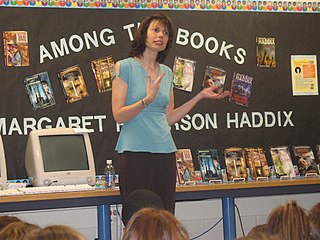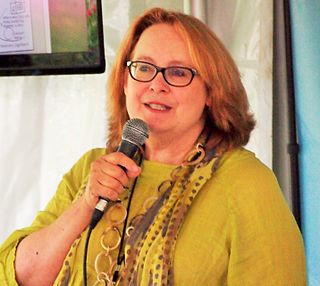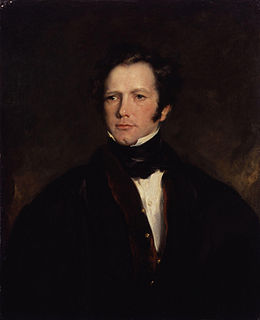A Quote by Felix Frankfurter
The State insists that, by thus quarantining the general reading public against books not too rugged for grown men and women in order to shield juvenile innocence, it is exercising its power to promote the general welfare. Surely this is to burn the house to roast the pig...The incidence of this enactment is to reduce the adult population of Michigan to reading only what is fit for children.
Related Quotes
General welfare is a general condition - maybe sound currency is general welfare, maybe markets, maybe judicial system, maybe a national defense, but this is specific welfare. This justifies the whole welfare state - the military industrial complex, the welfare to foreigners, the welfare state that imprisons our people and impoverishes our people and gives us our recession.
The art of not reading is a very important one. It consists in not taking an interest in whatever may be engaging the attention of the general public at any particular time. When some political or ecclesiastical pamphlet, or novel, or poem is making a great commotion, you should remember that he who writes for fools always finds a large public. A precondition for reading good books is not reading bad ones: for life is short.
To lay taxes to provide for the general welfare of the United States, that is to say, 'to lay taxes for the purpose of providing for the general welfare.' For the laying of taxes is the power, and the general welfare the purpose for which the power is to be exercised. They are not to lay taxes ad libitum for any purpose they please; but only to pay the debts or provide for the welfare of the Union.
The preamble to the Constitution states: "We, the People of the United States, in Order to form a more perfect Union, establish Justice, insure domestic Tranquillity, provide for the common defence, promote the general welfare..." It doesn't say "guarantee the general welfare." And it certainly doesn't say "give welfare benefits to all the people in the country who aren't doing so well even if the reason they aren't doing so well is because they're sitting on their butts in front of the TV".
As a children's author, you get to advocate for reading and writing in general, in a way an adult author might not be able to. It's a really interesting dance we do to get literature into the hands of young people and to help them to become literate and become readers; we want them to grow up reading and continue to do so when they're adults.
The other General Welfare Clause is in the first of the authorities given to the Congress and it's not a grant, it's a restriction. By which I mean it doesn't say Congress can legislate for the general welfare, it means that everything Congress must do has to enhance the general welfare of the United States of America. It can't grant things to individuals, it can only legislate for the government.
Forever, reading has been central, the necessary fix, the support system. Her life has been informed by reading. She has read not just for distraction, sustenance, to pass the time, but she has read in a state of primal innocence, reading for enlightenment, for instruction, even. ... She is as much a product of what she has read as of the way in which she has lived; she is like millions of others built by books, for whom books are an essential foodstuff, who could starve without.
But what was most remarkable, Broadway being three miles long, and the booths lining each side of it, in every booth there was a roast pig, large or small, as the centre attraction. Six miles of roast pig! And that in New York City alone; and roast pig in every other city, town, hamlet, and village in the Union. What association can there be between roast pig and independence?
My general impression about people like Steve Gould and Carl Sagan and so on is that when they disappear as individuals and are no longer appearing on the stage and they are no longer writing, that their lifetime of acknowledgement by the general reading public is not very long... There were many people in the 19th century who were equally famous people who gave working man's lectures, supporters of Darwin, we as scholars know their names but the general public never heard of them.


































